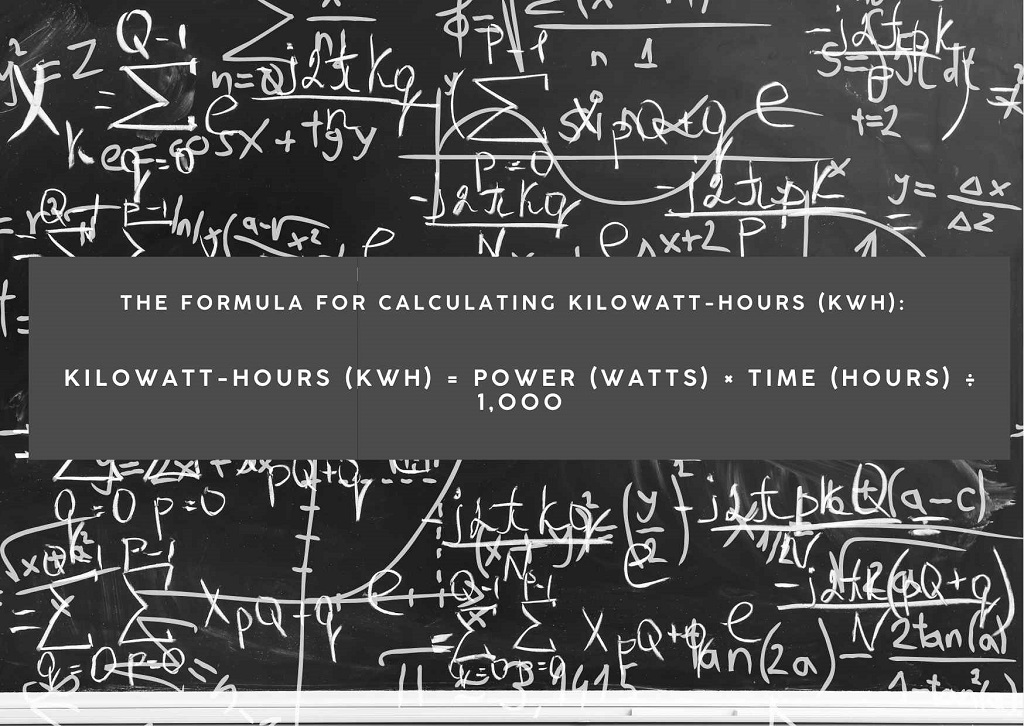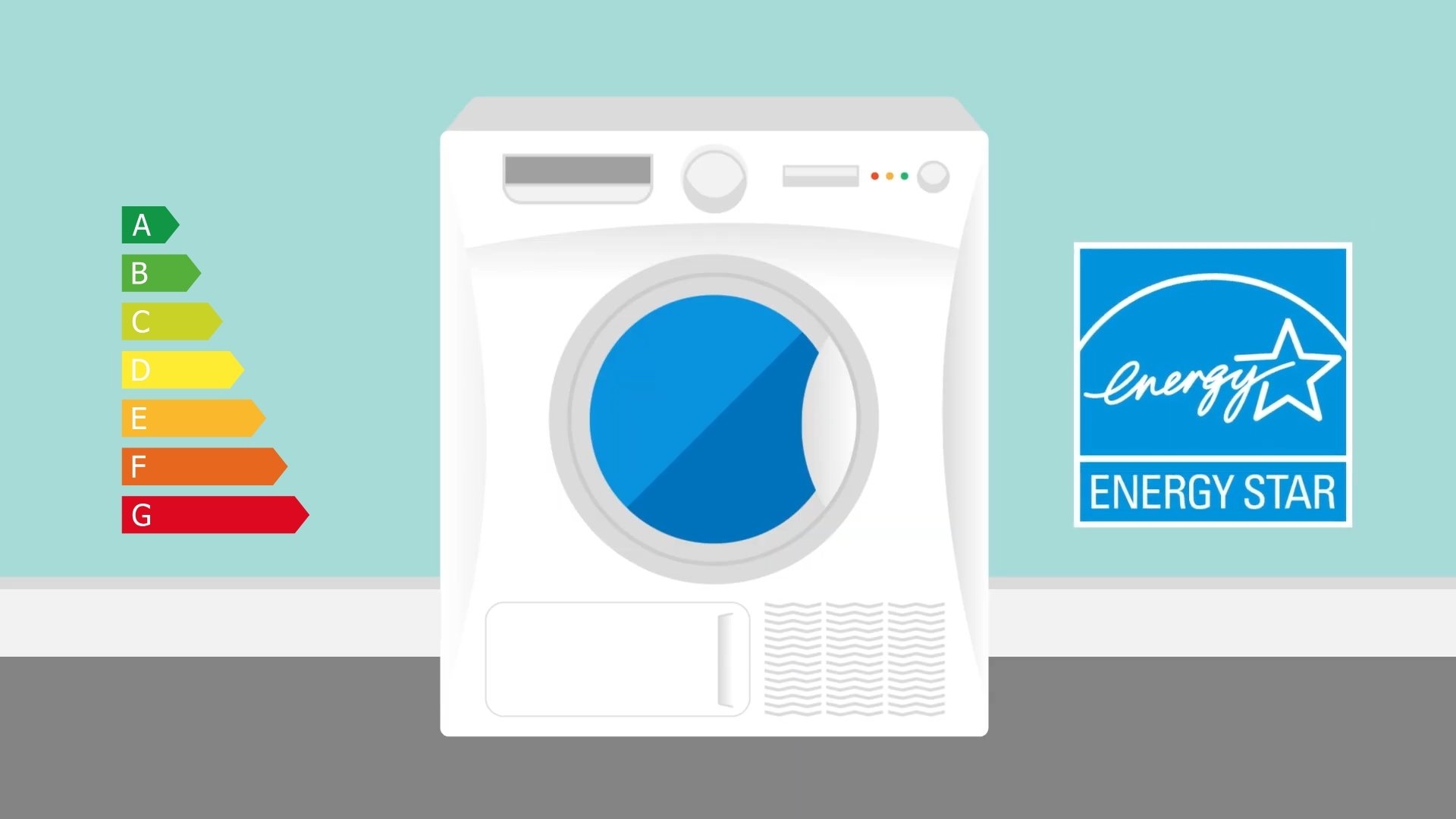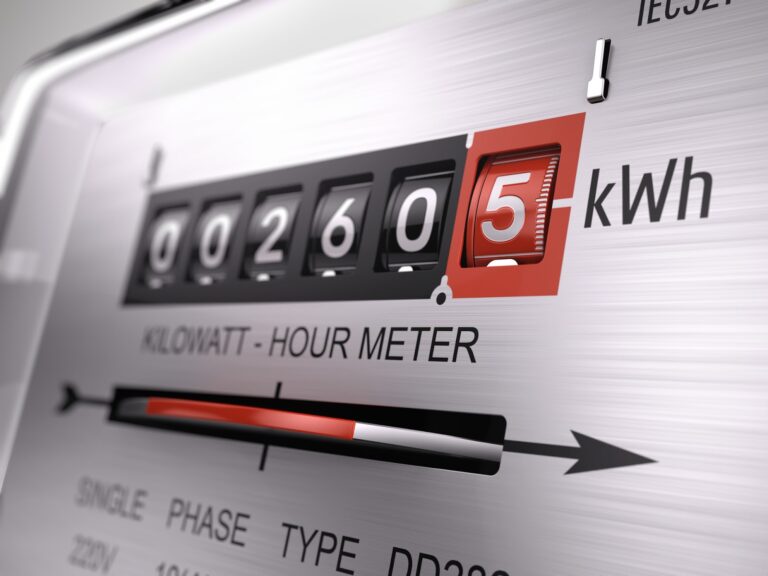A kilowatt-hour is a unit of energy that reflects the electricity used in homes and businesses. It plays a key role in determining electricity bills and understanding energy consumption.
Knowing what it represents and how to calculate it helps identify where energy is being used, how much it costs, and what steps can be taken to save.
This article explains kilowatt-hours clearly and provides easy methods for calculating energy use in everyday settings.
What Is a Kilowatt-Hour?
A kilowatt-hour is a way to measure energy. It tells us how much electricity something uses over time.
For example, if a device uses 1,000 watts (1 kilowatt) of power and runs for one hour, it uses one kilowatt-hour of energy.
It is what your electricity company uses to figure out how much to charge you on your bill. Think of it like the miles you drive in a car. Just like miles show how far you travel, a kilowatt-hour shows how much electricity you use.
Every time you use a light, charge your phone, or run an appliance, it adds to your kwh total. Your electricity bill is based on how many kwh you use each month.
Understanding this helps you figure out which appliances use the most energy and where you might save money. It is like knowing what costs the most in your grocery cart—once you know, you can make smarter choices.
The Formula for Calculation

The formula is straightforward. It helps you find out how much electricity an appliance uses. The formula looks like this:
Kilowatt-Hours (kWh) = Power (Watts) × Time (Hours) ÷ 1,000
Here is a step-by-step explanation:
- Find the Power in Watts: Look for the wattage on the appliance label or manual.
- Note the Time Used: Write down how many hours you use the appliance.
- Multiply: Multiply the power (watts) by the time (hours).
- Convert to Kilowatts: Divide the result by 1,000 to convert watts into kilowatt-hours.
Example
- If a 2,000-watt air conditioner runs for 5 hours:
- Step 1: Multiply 2,000 × 5 = 10,000
- Step 2: Divide by 1,000: 10,000 ÷ 1,000 = 10 kWh
How to Calculate KWh for Appliances?
Here is an example to make it easier to understand:
- If you use a 1,500-watt heater for 3 hours:
- Multiply 1,500 (watts) by 3 (hours): 1,500 × 3 = 4,500
- Divide by 1,000 to convert watts into kilowatts: 4,500 ÷ 1,000 = 4.5 kWh
This means the heater used 4.5 kilowatt-hours of energy. Once you know the kWh, you can multiply it by the cost per kWh from your electricity bill to see how much it costs to run the appliance.
For example, if electricity costs $0.12 per kWh:
Cost = 4.5 kWh × $0.12 = $0.54
This shows how much you are paying to use the heater for those 3 hours.
Kilowatt-Hour vs Kilowatt: The Difference
A kilowatt (kW) and a kilowatt-hour (kWh) might sound similar, but they mean different things.
- Kilowatt (kW): This measures power. It shows how much electricity an appliance needs to run at a specific moment. For example, a 2 kW heater needs 2 kilowatts of power to operate.
- Kilowatt-Hour (kWh): This measures energy. It tells you how much electricity an appliance uses over time. For example, if that 2 kW heater runs for 3 hours, it uses 6 kWh of energy.
Think of it like driving a car:
- The kilowatt is like the speed (how fast you are driving).
- The kilowatt-hour is like the distance (how far you travel).
This difference is important because your electricity bill charges you for kilowatt-hours (energy used), not kilowatts (power needed).
Common Household Usage

Understanding how much electricity household appliances use helps you manage energy costs.
Here are some examples:
- Refrigerator: A standard refrigerator uses about 1.5 kWh per day, adding up to around 45 kWh per month.
- Air Conditioner: A medium-sized air conditioner running for 8 hours a day can use about 24 kWh daily.
- Electric Oven: Cooking for an hour with an electric oven uses around 2 kWh.
- Washing Machine: A single load of laundry with hot water can use 2.3 kWh.
- TV: Watching a 50-inch LED TV for 5 hours uses about 0.35 kWh.
- Laptop: A laptop running for 4 hours uses around 0.2 kWh.
How Kilowatt-Hours Impact Electricity Bills?
Kilowatt-hours directly determine how much you pay for electricity each month. Utility companies charge you based on the total number of KWh you use. The cost per kilowatt-hour depends on your location, energy provider, and plan.
How It Works
- Total Energy Usage: Add up the kilowatt-hours used by all your appliances during the billing period.
- Cost Per kWh: Multiply your total kilowatt-hours by the rate your energy company charges. For example, if your home uses 500 kWh in a month and the rate is $0.15 per kWh, your bill will be $75 (500 × $0.15 = $75).
Simple Ways to Lower Your Electricity Bill

Lowering your electricity usage can help save money and reduce energy waste.
Here are some practical tips to cut down your electricity consumption:
- Switch to Energy-Efficient Appliances: Replace older appliances with energy-efficient models, such as those with an Energy Star label.
- Use LED Bulbs: LED lights use much less electricity than traditional bulbs and last longer.
- Unplug Devices Not in Use: Many electronics still draw power when turned off. Unplug chargers and devices when they are not needed.
- Adjust Your Thermostat: Set your thermostat to a reasonable temperature. In summer, keep it higher, and in winter, keep it lower.
- Seal Windows and Doors: Proper insulation reduces the need for heating and cooling, which are major energy users.
- Limit Appliance Use: Run appliances like washing machines and dishwashers only with full loads, and air-dry clothes when possible.
- Use Smart Power Strips: These can cut off power to devices when they are not in use, preventing energy waste.
- Optimize Cooking: Use a microwave or toaster oven for small meals instead of a full-size oven, which uses more energy.
Also, learn more about eco-friendly solutions like wind turbines for producing green energy.
FAQs
1. What is a kilowatt-hour?
A kilowatt-hour is a unit of energy that measures how much electricity is used over time. It is the main unit used by energy companies to calculate your electricity bill.
2. How is a kilowatt-hour different from a kilowatt?
A kilowatt measures power, or how much electricity something uses at a specific moment. A kilowatt-hour measures energy, or the total electricity used over time.
3. How do I calculate kilowatt-hours?
Use this formula:
kWh = Power (Watts) × Time (Hours) ÷ 1,000
For example, a 1,000-watt appliance running for 2 hours uses 2 kWh.
4. What appliances use the most kilowatt-hours?
Devices that heat or cool, like air conditioners, heaters, and refrigerators, tend to use the most energy.
5. How can I reduce my kilowatt-hour usage?
Switch to energy-efficient appliances, turn off unused devices, seal your home to prevent air leaks, and use LED bulbs.
6. Why does my electricity bill show kilowatt-hours?
Your energy company charges you based on the total kilowatt-hours you consume during the billing period, multiplied by their rate per kWh.
Last Words
Kilowatt-hours are the key to understanding your electricity usage and managing your energy costs. By knowing how to calculate kilowatt-hours and identifying which appliances use the most energy, you can make smarter decisions to lower your bill.
Simple steps like using energy-efficient devices, unplugging electronics, and monitoring your usage can lead to noticeable savings over time.
Taking control of your kilowatt-hours not only helps your wallet but also contributes to a more sustainable future.

